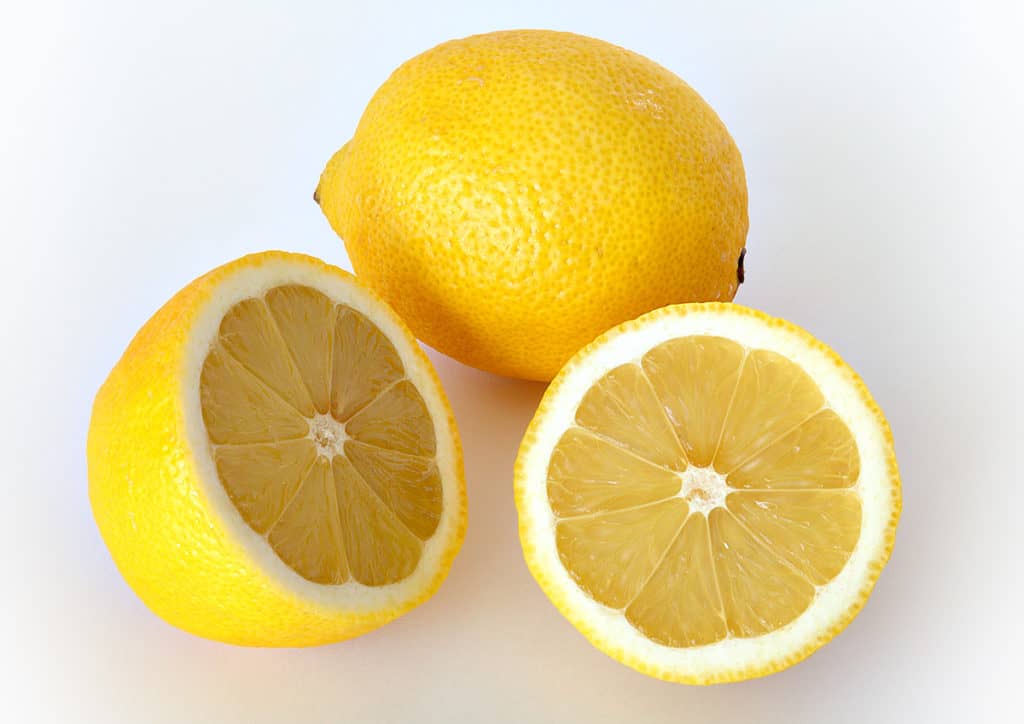The word ‘metabolism’ is thrown around a lot in the health and wellness world these days. Many articles and products claim to know the secret to give you a metabolic overhaul and enabling you to lose weight fast, but in order to reap the benefits of having healthy metabolism, we must fully understand what it is.
Essentially, metabolism is the name given to the chemical reactions that occur in the bodies of living things. It works by turning the food we eat into energy that fuels our body and enables us to function. For this process to even begin, we need to eat. Though our metabolic system doesn’t understand food, it understands the nutrients in those foods, and it’s the correct use of these nutrients that can boost our metabolism.
Things like body temperature, energy levels, and weight are also regulated by our metabolism. The speed of your metabolism is largely dependent on genetics, but things like stress, lack of sleep, aging issues, exercise and fat consumption can affect its efficiency. A low metabolic rate can create a whole mass of health issues like high cholesterol, high blood sugar, high blood pressure, excessive sweating, fibrosis, and poor blood circulation. Though you can’t literally speed up your metabolism, you can make smart choices that allow it to work at its peak speed and ability. In order for this to happen, we need to ensure we’re getting enough nutrient-rich foods that will help boost our metabolism, not hinder it.
So, here are 10 proven superfoods that can give your metabolism a boost.
Lemon

Listing the nutrients of lemon is like reading out an impressive roll-call of vitamins and minerals. Vitamin C, vitamin B6, vitamin A, vitamin E, folate, niacin thiamine, riboflavin, pantothenic acid, copper, calcium, iron, magnesium, potassium, zinc, phosphorus, and protein all exist within one lemon. High in nutritious elements and low in sodium, sugars and fat, and with only approximately 17 calories per lemon, it’s no surprise they are considered a superfood.
The health benefits of lemons are endless. Adding lemon to your diet can aid in digestion and elimination of foods. Lemons can help treat throat infections, indigestion, constipation, tooth and gum issues, rheumatism, respiratory disorders and high blood pressure. They also benefit hair, skin and nails and strengthen your immune system, cleanse your stomach and purify the blood.
Lemons are a natural antioxidant, amazingly high in vitamin C. Since our bodies can’t make vitamin C, we get it from the food and drink we consume – so lemon water is great for this purpose. One lemon contains 30.7mg of Vitamin C, which is almost half the daily recommended dose of 75mg for women, and 90mg for men.
The atomic structure of lemon juice is similar to the digestive juices found in our stomach, which tricks the liver into creating more bile and keeps food moving quickly through our gastrointestinal tract. Citric acid found in lemon juice contains a toxin inhibitor called Citrate. The enzymes bind themselves to any potential toxins and decrease their activity – which renders them useless. And because lemon juice acts as a diuretic, it means all these inactive toxins are flushed out at a faster rate than usual.
